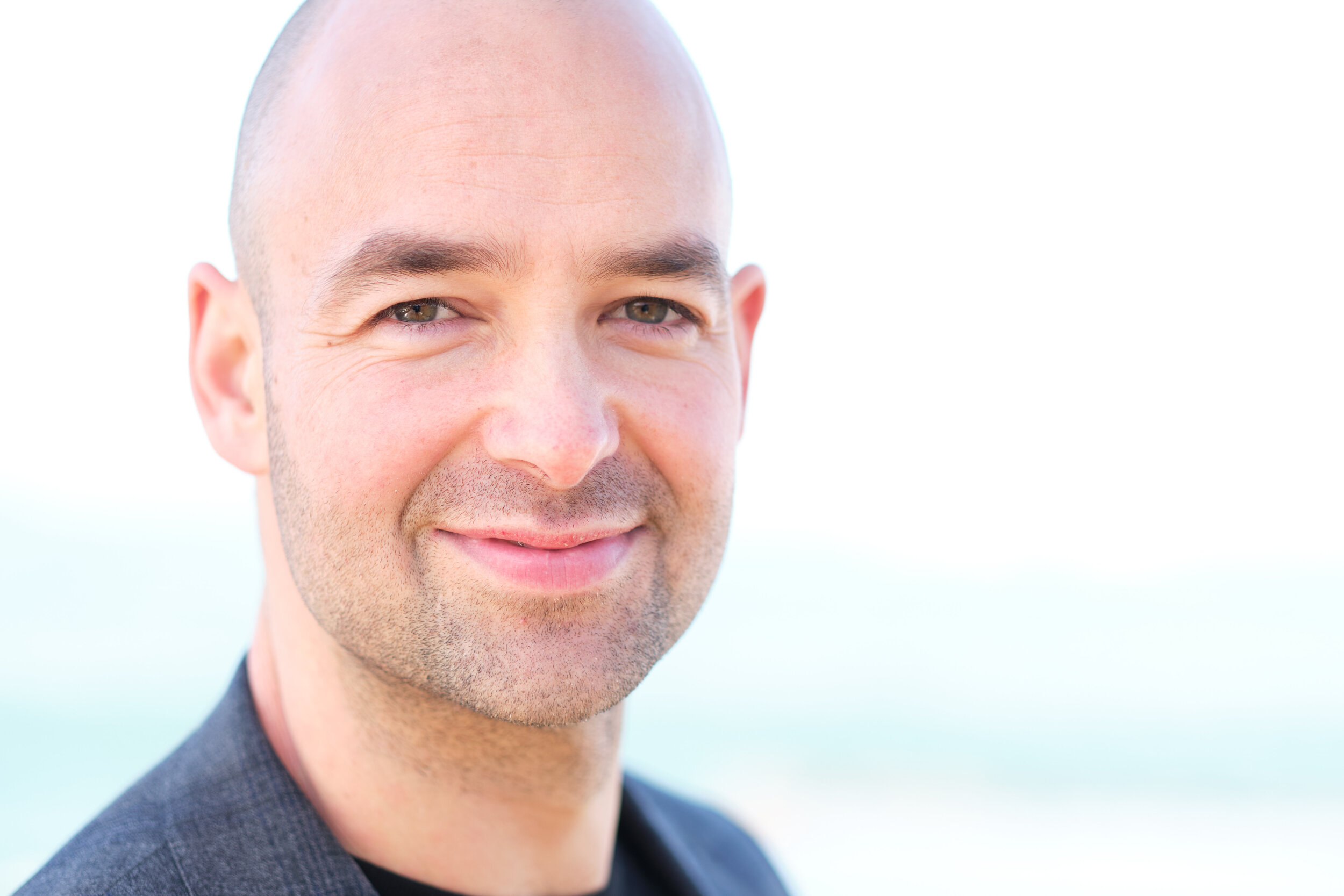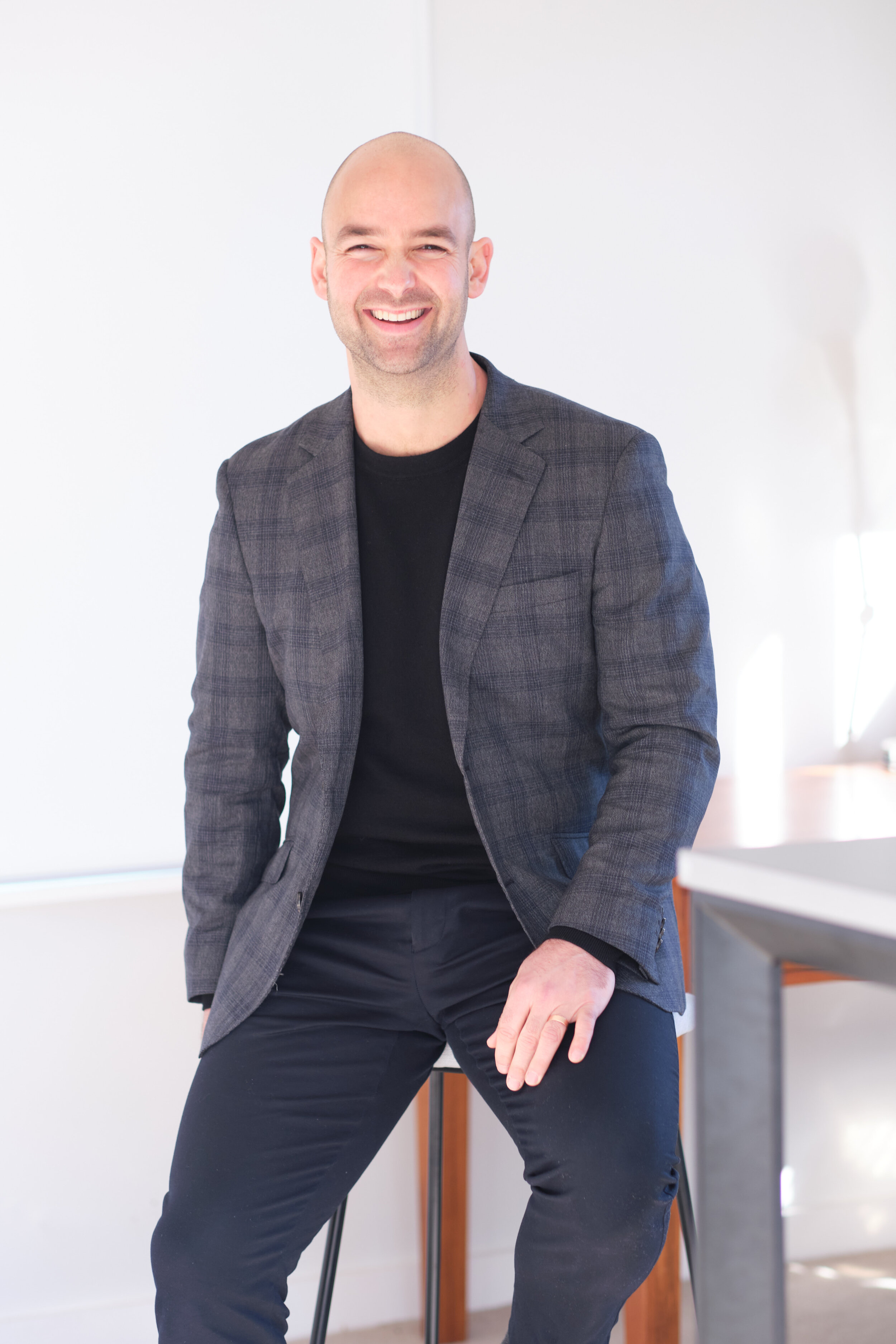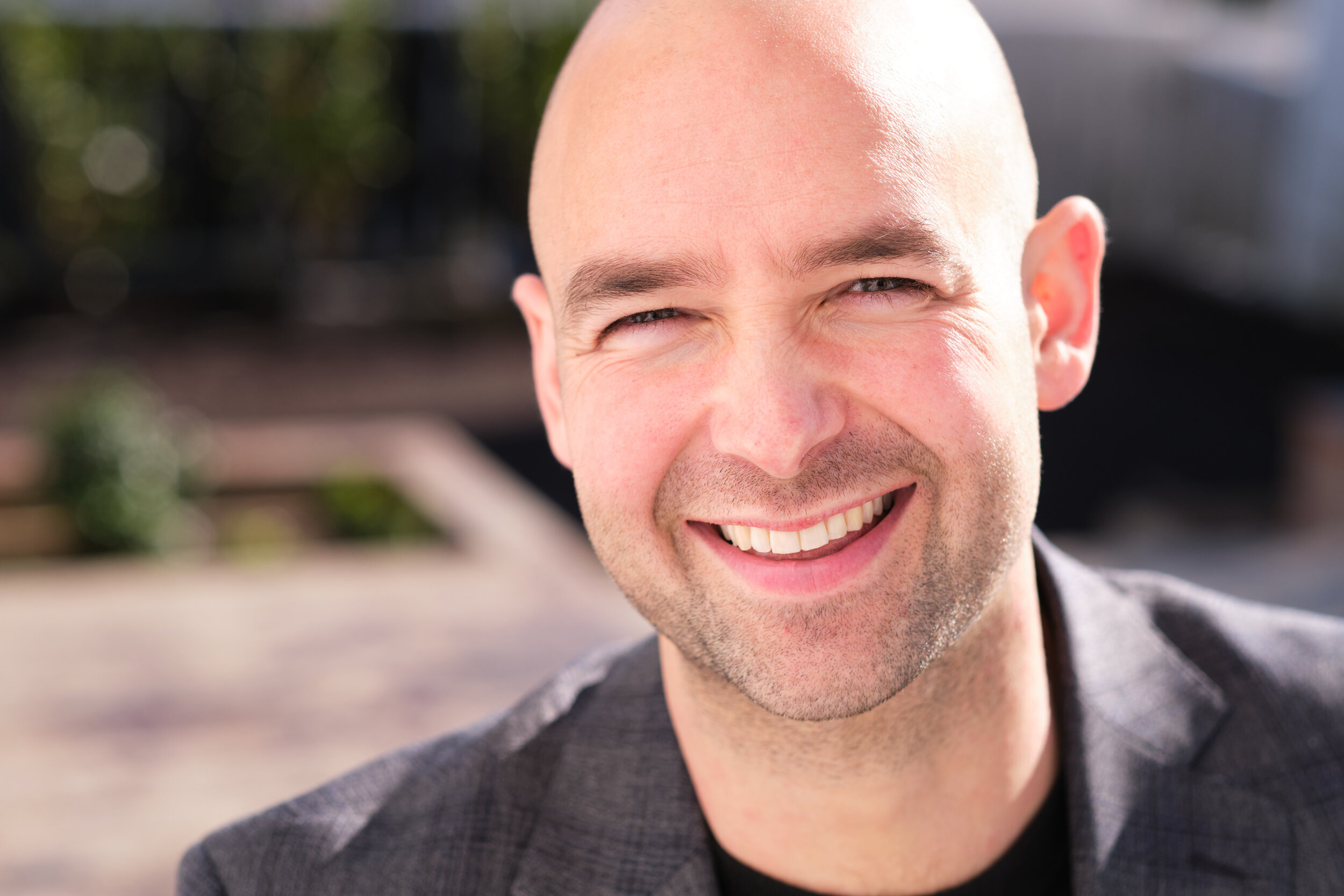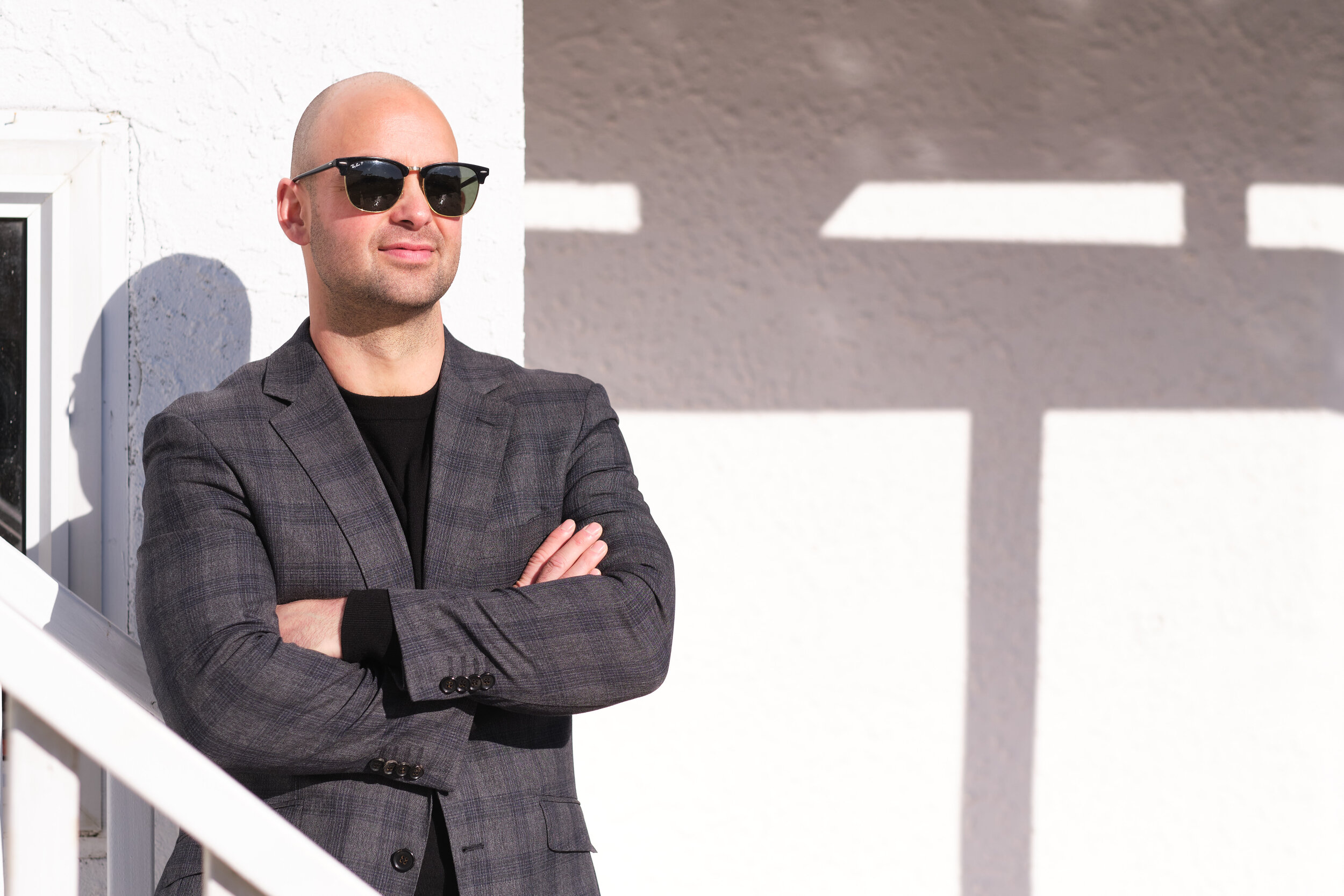Listen to the interview on your favourite podcast app: Apple Podcasts | Stitcher Radio | Spotify | Google
Introducing Joel Bouzaid
Joel is a facilitator of growth and student of hard conversations. He helps people see their possibility, remove their limiting beliefs and guides them to become empowered, confident leaders.
Joel started his career as an International Operations Manager for Full On in Italy. Next, he Co-Founded a Health Facility with his brother. Now Joel is a keynote speaker and coaches culture development and leadership for large organisations across New Zealand.
What was your vision when you first started your venture?
My vision has always been clear. Whatever mode I'm in, leading a class, keynote speaking or one-on-one coaching, I’m there to create a sense of possibility and a guide to remove limiting beliefs. That's always been the vision. It's vague, but that’s okay, as long as it's exciting.
I teach leadership. Over time, I’ve found that the most important work for leaders, before they start leading others, is to learn to lead themselves. Some people are into that. Others want to jump straight to building trust and performance in their teams.
What’s become particularly evident when dealing with a mix of leadership perspectives, is understanding the environment. So when I go into a business, I’ll help a small team distil their culture. Clarifying how their business chooses to execute and perform at its best. Once team members are crystal clear with a sense of identity, they then have an actual shot of fully expressing their leadership.
But until then, people operate by walking on eggshells, trying to lead, but not trusting colleagues to have their backs. They’ll always be holding back. To create possibility, I really want people to show up and give it their everything. Then they're actually associate being at work with a sense of positivity. They know work is psychologically safe, they're accepted and included, and it’s encouraged for them to lead fully.
The main leadership issue is uncovering what prevents a person from being able to fully express themselves. Often people are stopped by difficult conversations. My aim is to create ways to approach those difficulties. Ultimately gaining clarity and possibility for those conversations to happen. Establishing what can we achieve together. Working together to figure out the next few steps, so you can achieve your goals. This is an engaging, vulnerable, open, honest and candid conversation.
Mostly I train small teams, but I also love jumping on stage to work with hundreds of people.
Coaching one-on-one is limited in terms of my impact in the world. Although, it is effective at testing ideas, asking questions and quickly receiving feedback. It helps me gain an intimate understanding of what drives ambitious team leaders.
How did you deal with early setbacks?
I worked with my brother, which was immensely rewarding. But switching back and forth between family and professional relationships was challenging. It wasn't a setback. It was a growth opportunity for me. At times, it felt like we weren’t moving as fast as we could. Dealing with this was ongoing with difficult conversations and consistent communications.
Looking back, I now feel more experienced to have those harder conversations with anyone. But at the time, they were certainly challenging for both of us. My brother and I have a deep respect for each other. We were never going to let anything professional get in the way, but that takes a lot of energy.
Time and energy are two of the greatest resources in life. Everybody has their own version of, “I don't have enough time.”
When energy runs low, it makes for a challenging lifestyle, sense of fulfilment and purpose. You have to protect them well. I believe it's been good for my brother and me, now that I’ve fully committed to teaching leadership outside of health and fitness.
Feedback tells me that I have good energy. But when life decelerates or isn’t what I expect, it gets me down. So, I have a few daily rituals that help maintain a high level of energy. My aim is to have a similar, if not greater amount of energy for my kids at the end of the day, as I had for the workshop that morning. It’s only fair. I believe that the measure of a great father, like a great leader, is that we can give our energy to the people that need it.
“I’m tired,” that's the discussion around energy. The most commonly used phrase. I would love to have people thinking about how to add more energy into their life. So when they are getting tired, it’s 8 pm as opposed to 3 pm and they don’t fall apart for the evening shift.
Earlier in my career as an Operations Manager, I really rated myself in terms of delivering great service for the client. I believed it was a reflection of my leadership. I poured all my eggs into this basket. In 2010, my boss observed me for the day and provided feedback. I was expecting him to say, “Joel, top job!”. But he blew me up. It really shocked me. I actually felt like throwing in the towel. I thought I was doing a really great job. He then demonstrated that I wasn’t only doing a poor job, I was also falling down in other areas and it just wasn’t good enough.
Many of those difficult conversations ended up serving me well for the future. Not to press harder necessarily, but to ask good questions about how I’m doing and how I can do better. That hard moment 10 years ago was instrumental as a setback.
Was there a time that you wanted to give up?
Thinking about giving up reminds me of how resilient humans can be. I have a deep belief that no matter how hard it gets, human beings have an amazing capacity to deal with deep adversity. We’re experiencing that now, halfway through a pandemic.
One time in Italy, I was setting up our abseil site. I forgot my safety line and leaned out over the 35-meter drop. Afterwards, when I realised my mistake, it really hit me how close I could have been to my end.
As the operations manager on that site, I shouldn't have been setting up in the first place. I was trying to do everything. Often this is what operations managers have to do.
It made me realise the importance of having the right people around me. Trusting in them to do their piece, allowing me to contribute to the bigger picture.
Were there any traps that you fell into?
As human beings, we’re consistently worried about being good enough and accepted by others. It’s very natural. My common traps are trying to please and being likeable. Especially as a leader. I want to do a good job and part of that is about getting on with people and building trust. But in reality, I can't be everything to everybody. And at some point, it just ends in frustration for them.
If you want to grow and develop as a leader, you must first develop principles that serve you really well in different situations.
When I first started in Italy, I wanted to be the popular operations manager. Everybody should want to come to my site. They’d be inspired by my ability to communicate. I wanted our sales to be the best ever. So, I’d do whatever it takes to achieve those targets.
This impacted my energy, wellbeing and family started to suffer. It wasn’t sustainable longterm. Then after 10 years of travel between New Zealand and Italy, I began to wonder who I was as a leader. What’s my leadership philosophy? Is it built around pleasing people? Meeting targets? Do I have a deep sense of way strengths and what works for me? That experience taught me to put myself first.
All those times flying to Italy, I never watched more than one movie per flight. Instead, I would spend time getting clear on my vision. I would write out how I wanted every aspect of the trip to unfold. So, when I’m asked a question about the operation, I can clearly communicate my vision with deep conviction.
So often in leadership, we don’t know what we want. The same applies to our individual lives also. This applies to me too. A big part of my personal development is getting clear on how I can serve others and best live my life.
“The Wellington Hustle Interview Project is brought to you by timson.co.
Headshots and Story Brand Photos. Show off your vibe and attract your tribe.”
What inspires and motivates you?
Helping people unlock their personal insights. That moment when someone says “hang on”, and there’s a sudden shift in their thinking and language. Being part of that process and creating a space where these shifts happen is just huge for me. It's a beautiful thing when you can bring insight into the conversation.
This is why I’ll spend hours perfecting my craft. I want to create that moment for people. When they grow, they engage. Engagement is one of the worlds biggest challenges right now. Not just in the workplace, but at home. Just think, how hard is it to engage with your family and friends? People have their cell phones everywhere. So we're fighting engagement.
Can you describe a breakthrough that you're particularly proud of?
Four years ago I ran a pilot program for a large organisation in New Zealand. I presented to 12 people. They were tasked with deciding whether to make me part of their national training. I thought the workshop went great. But, at the end of the day, they couldn't see any value. It was super awkward and I took a few days to reflect. As it happened they did provide me with feedback. I adjusted the program and they accepted me into their national training. My program ended up with the highest feedback rating ever received for an external trainer.
This experience reinforced to me that we don't always see things ‘as they are’. Remember, we’re looking through the filter of ‘as we are’. It’s important to keep this in mind when working with others.
I now believe that positively reinterpreting that experience has taught me that I’m able to shift my perspective on almost any situation. Given the opportunity, I can do some amazing work. I must continue to believe and remind myself that I’m making a difference.
What do you see as being your biggest lesson?
Continuing to get better at having conversations that matter.
There’s an inherent value of giving and receiving feedback. Consistently having difficult conversations sends a message that you care about growth and development. Most people try to avoid this.
I didn't show up in the world saying “I love having hard conversations.” I would rather conserve my energy. But, if you're interested in developing people, then you need to get good at difficult conversations. Conversations where participants walk away appreciating the support for their personal growth. All of my growth has come from hard feedback.
I’m thankful to all those people who disagreed with me at such a vulnerable level. Without that, I won’t grow and it’s a key to life. Seeing how far you’ve come is really fulfilling. No matter how you identify with yourself. The cool thing is that you don't have to know exactly where you're going. But, I do think it’s important to have a vision to develop clarity. Knowing that you are growing and you're doing your best is really rewarding.
As human beings, we tend to slip into tendencies of easy access. Areas like being passive, (lazy), or finding significance with alcohol or gossiping. That's the ultimate trap. By not stretching ourselves, we lose the self-belief that we can achieve greatness. We don’t push ourselves anymore. So for significance, we unfortunately look to either harming ourselves or others. And that’s terrible. Just look around the world and you’ll see all that stuff.
The number one book and keynote in 2019 was Kindness in Leadership. So that tells us there are awesome leaders and organisations looking for experts to help them be kind. What a great world to stand for. Where people are kind. I really believe in that.
Historically, we've done a terrible job. Just look at the engagement of a family at a restaurant. Human nature is low energy, conserve it for something else and do the bare minimum. We've got a real fight on our hands. First with ourselves, for the rest of our lives. But also with our teams and our families. Discovering what it takes to step into kindness. That takes energy, intention and vision and is a topic that I'm certainly passionate about.
Has your vision always been clear and how has it evolved?
8 years ago I got really clear about my purpose. That was a defining moment for me. It's much simpler now that I know my ‘why’ is to create possibility. Obviously with each different environment, (person or organisation), that vision will have subtle differences.
A lot of my work has been helping people older than me (I’m 36). I’ve realised that as people get older, they become less selfish and more selfless. I found it interesting to look back at younger people (20 - 30-year-olds) and noticed how self-interested they are. It made me wonder, why can't we become selfless early on? I believe I figured it out, at least for myself. It’s because we haven't yet developed into the person we’re proud of. And so we stay self-interested for a long period of life. Then once we accept who we are, we can then commit to shift focus to other causes, people and change.
What would you do differently if you had to start again from scratch?
When playing rugby and the other team scored, we used the saying, “Nil All”. You don’t feel very good when the other team scores. “Nil All” was our mental reset and a way of starting.
I feel like I’m always starting again. Whenever I start with a new team, they don’t know me. I have to prove that I can be useful to them, even before we start. I'm consistently restarting. You're no better than your next performance.
Looking back if I could do something differently, I would get more coaching. I was coached real early on before it was a thing. Even now, people still don’t get coaching in New Zealand. It's a good idea to sit down, share, then work out how you can do better and grow. Coaching is really useful. People out there have walked the journey before you. Some have written books, some haven’t. Just go talk to them and ask questions. It will help you achieve more, faster.
The voice in the back of our mind is constantly telling us we don’t have the energy or time. But what if you could behave in a way where you had those? How would that change your life? Go and find the right people to talk too now and develop your self-leadership skills.
Something I'm passionate about is a saying, “in order to lead well, first lead thigh self”. Tim Ferriss has a Ted Talk on the idea of, hard choices = meaningful life, easy choices = hard life. I believe that’s what self-leadership is about. Working out which hard choices you need to make.
Choosing the hard is really healthy, but taxing. Invest in your energy and look after yourself. Live a life that regenerates you instead of being overwhelmed and anxious. The key is getting out into nature. You learn so much in the outdoors that no book can teach you. It is, without a doubt, my renewal place. Some people may go to Bali for a silent retreat. For me, I climb mountains. It brings me rejuvenation and perspective. There's just something about choosing the hard in nature that re-enforces what you’re doing in everyday life. That's really rewarding.
Connect with Joel
If you have enjoyed this article and want to start a conversation with Joel, you can reach out on:
Website: Joel Bouzaid
LinkedIn: https://www.linkedin.com/in/joel-bouzaid/
Please don’t forget to tell Joel that I sent you.
Interview and photography by Wellington Headshot Photographer, Tim Morrison (all rights reserved)
